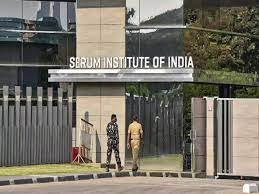A recent study published in the Journal of the American Heart Association highlights an association between several social determinants of health and an increased risk of cardiovascular disease (CVD) among Asian Americans, including Asian Indian adults. Researchers found that factors such as unemployment, lack of education beyond high school, and inadequate sleep are linked to elevated CVD risk factors, although causality was not established.
The study, which analyzed data from 6,395 Asian adults, with Asian Indian adults comprising 22 percent of the sample, revealed concerning trends. Asian Indian adults showed a 20 percent likelihood of suboptimal sleep and a 42 percent increased likelihood of insufficient physical activity, both significant risk factors for heart disease.
Furthermore, the analysis identified a correlation across all Asian groups, indicating that higher scores in unfavorable social determinants of health were associated with a 14 percent greater risk of high blood pressure, a 17 percent greater risk of poor sleep, and a 24 percent greater risk of Type 2 diabetes. These conditions significantly elevate the risk of developing cardiovascular disease.
Lead author Eugene Yang, a professor of medicine at the University of Washington School of Medicine in Seattle, underscored the interconnected nature of various social determinants of health, such as neighborhood cohesion, economic stability, and healthcare utilization. Understanding these factors is crucial, especially considering the higher rates of premature heart disease observed among people of South Asian heritage globally.
With South Asians facing elevated cardiovascular mortality compared to non-Hispanic white populations, Yang stressed the importance of delving deeper into the disparities among Asian subgroups to mitigate risks and improve outcomes effectively. This research serves as a critical step toward addressing cardiovascular health disparities and implementing targeted interventions to promote heart health within diverse communities.



